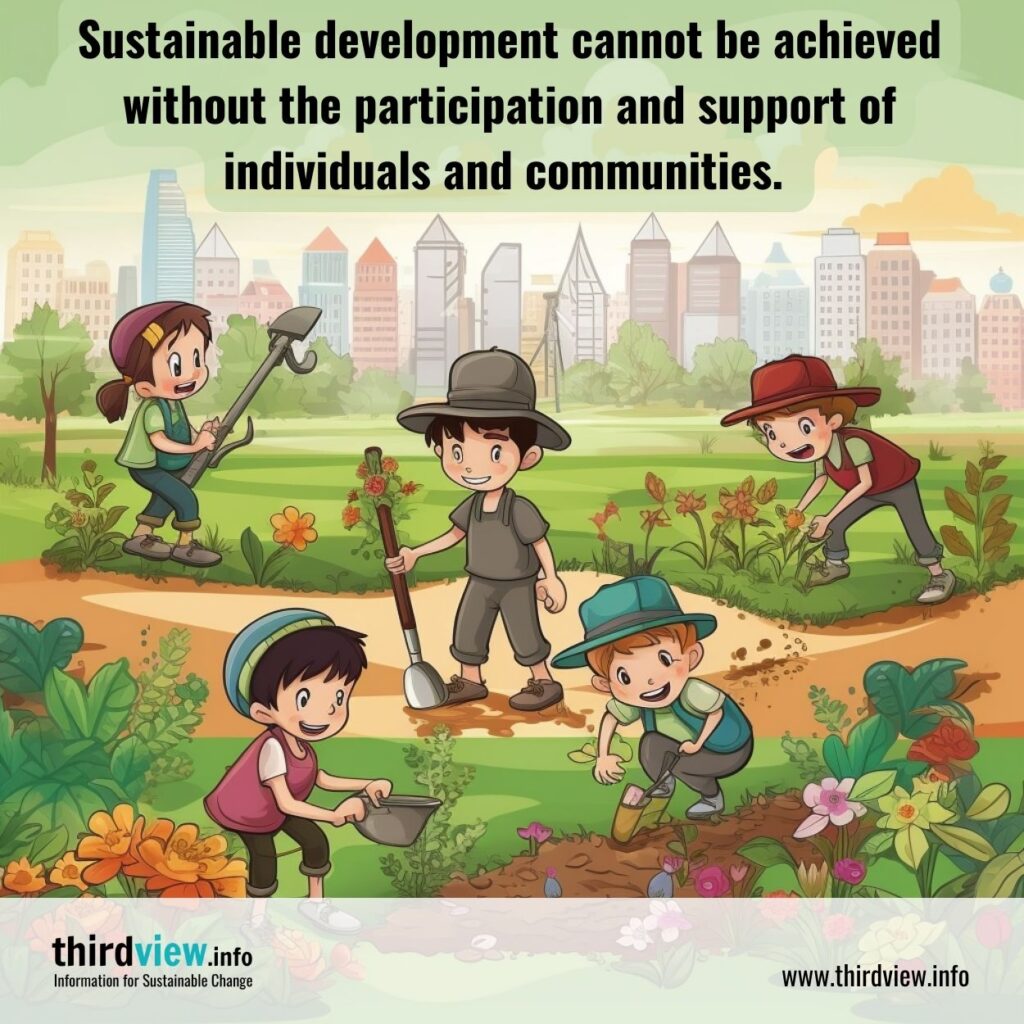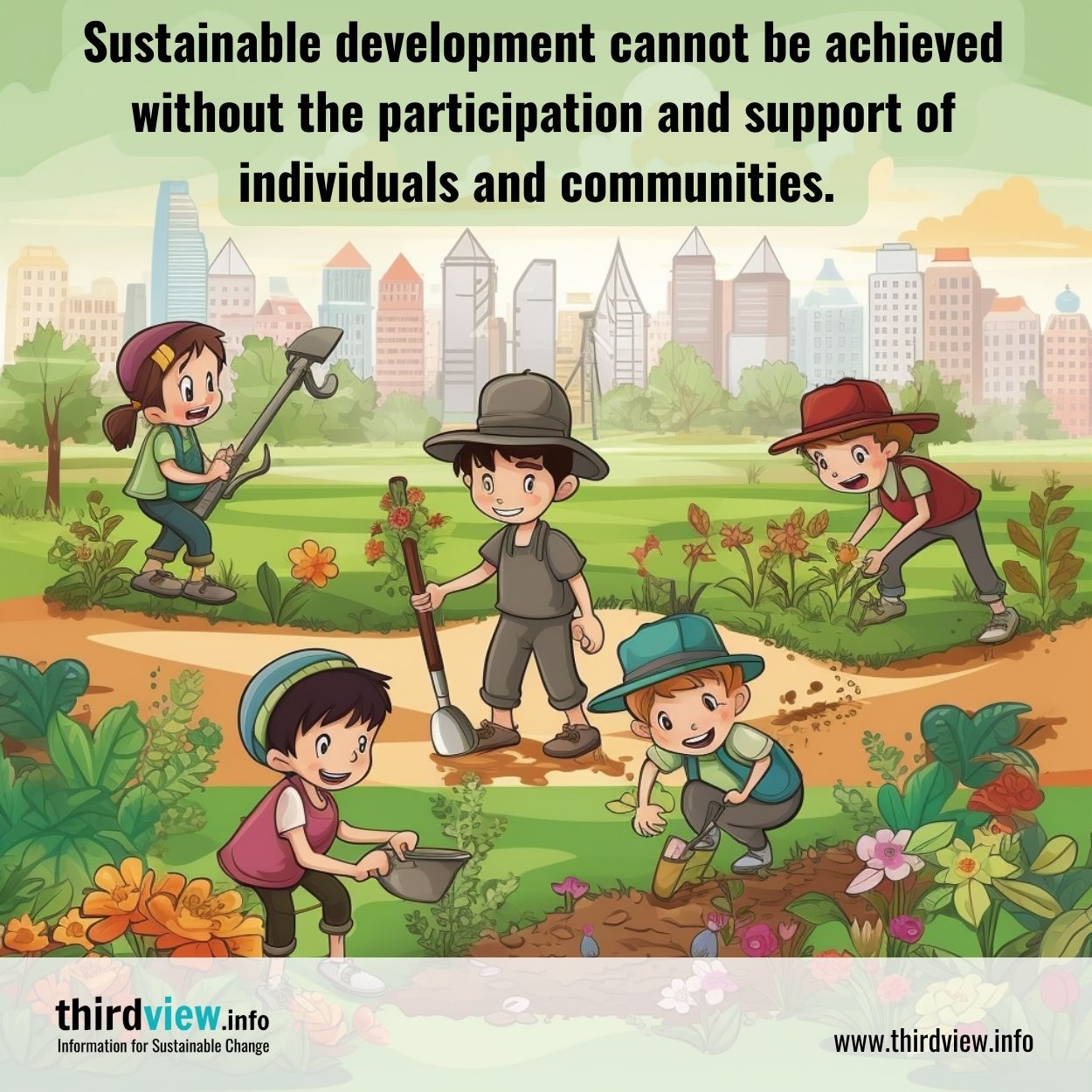As our world continues to face challenges related to climate change and environmental degradation, it has become ever more important to identify ways to promote sustainable consumption and production patterns. Solving these challenges will require unprecedented levels of collaboration and cooperation between countries, as well as innovative solutions that address the unique needs and challenges of each region. In this blog post, we will dive deeper into the importance of collaboration when it comes to realizing sustainable development and highlight some practical ways that countries can work together to achieve this vital goal.
Shared Goals and Objectives
One of the main reasons countries should collaborate to achieve sustainable consumption and production patterns is that they can work together towards shared goals and objectives. By sharing knowledge, expertise, and resources, countries can build on each other’s strengths and develop more effective strategies for addressing environmental challenges. Additionally, shared goals and objectives can encourage countries to work together on international agreements and initiatives to reduce environmental degradation, such as the United Nations Framework Convention on Climate Change.
Technology Transfer
Another important way countries can collaborate to achieve sustainable consumption and production patterns is through technology transfer. Many developing nations need access to more environmentally friendly technologies and practices to support sustainable development. Developed countries can offer assistance by sharing knowledge and expertise, transferring technologies, and providing funding for research and development. For example, the Clean Development Mechanism under the Kyoto Protocol allows developed countries to invest in sustainable projects in developing countries in exchange for carbon credits.
Sharing Data and Best Practices
Countries can learn from each other by sharing data and best practices related to sustainable consumption and production. This information exchange can promote a more comprehensive understanding of the global environmental challenges we face and help identify potential solutions. Countries can share environmental data such as emissions, water usage, and recycling rates with one another. Additionally, countries can collaborate on research to develop innovative solutions, such as finding ways to recover and reuse valuable resources from waste streams.
Promoting Circular Economy
Collaboration can support the transition to a circular economy, where waste is minimized and resources are reused and recycled as much as possible. Countries can work together to promote circular economic principles, such as by implementing extended producer responsibility schemes, which require manufacturers to take responsibility for products throughout their entire lifecycle. By collaborating to create a more circular economy, we can reduce waste, conserve resources, and promote sustainable consumption and production patterns.
Building Community Engagement
Finally, collaboration between countries can help build community engagement and support for sustainable development. Sustainable development cannot be achieved without the participation and support of individuals and communities. Collaborative projects that are designed and implemented with input from local communities can encourage active participation and community empowerment. This community engagement can help build momentum towards sustainable consumption and production patterns at the local and national levels.
There is no question that sustainable consumption and production patterns are essential for the health and well-being of our planet and its inhabitants. Achieving these goals will require unprecedented collaboration between countries and regions. By working together towards shared goals, sharing data and best practices, promoting circular economy principles, and building community engagement and support, countries can make real and lasting progress towards a sustainable future. By recognizing opportunities for collaboration and taking action, we can ensure a better future for our planet for generations to come.


